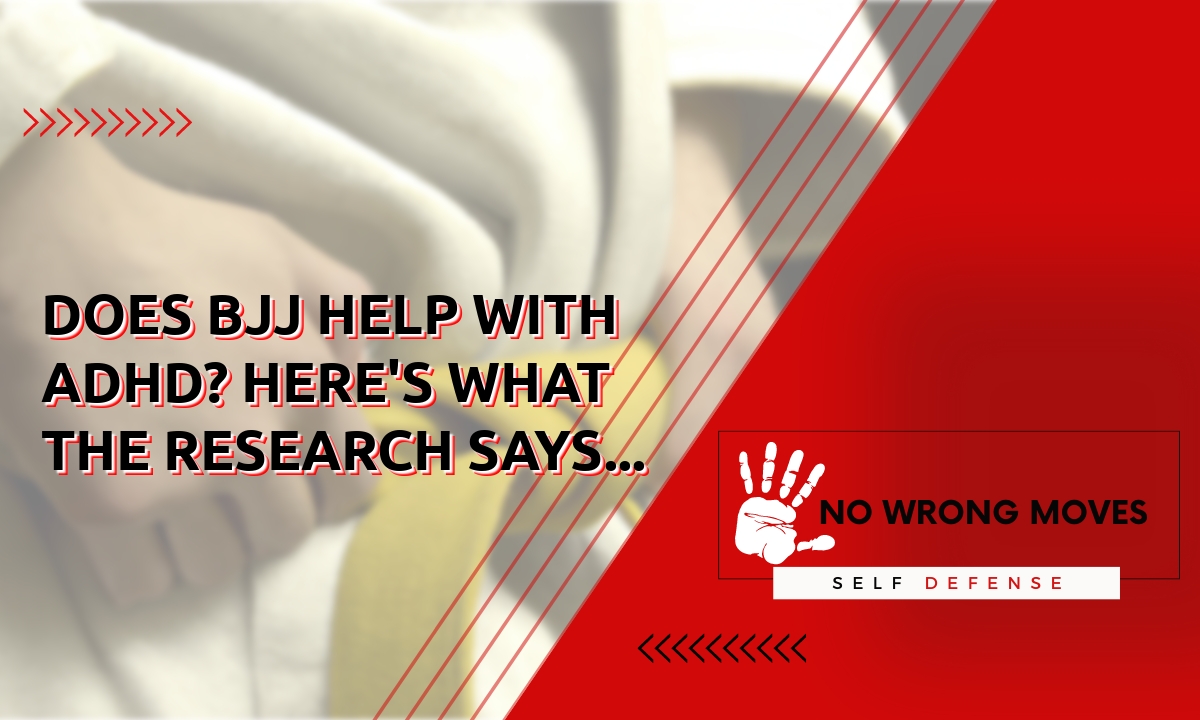
Welcome to the fascinating world of Brazilian Jiu-Jitsu, or BJJ! As one of the most popular combat sports in the world--and for good reason!--you can expect its benefits to go beyond just physical fitness and self-defense.
In this article, we explore just how BJJ can potentially help with Attention Deficit Hyperactivity Disorder, or ADHD, a condition that affects millions of people worldwide, especially children and adolescents.
With its focus on strategy, technique, and problem-solving, BJJ has been reported to have numerous benefits to offer for people with ADHD, helping them improve their cognitive abilities, emotional regulation, and overall quality of life.
Let's dive into the details right now! We'll see what BJJ has to offer for those seeking a natural and empowering way to manage their ADHD symptoms.
What Is ADHD?
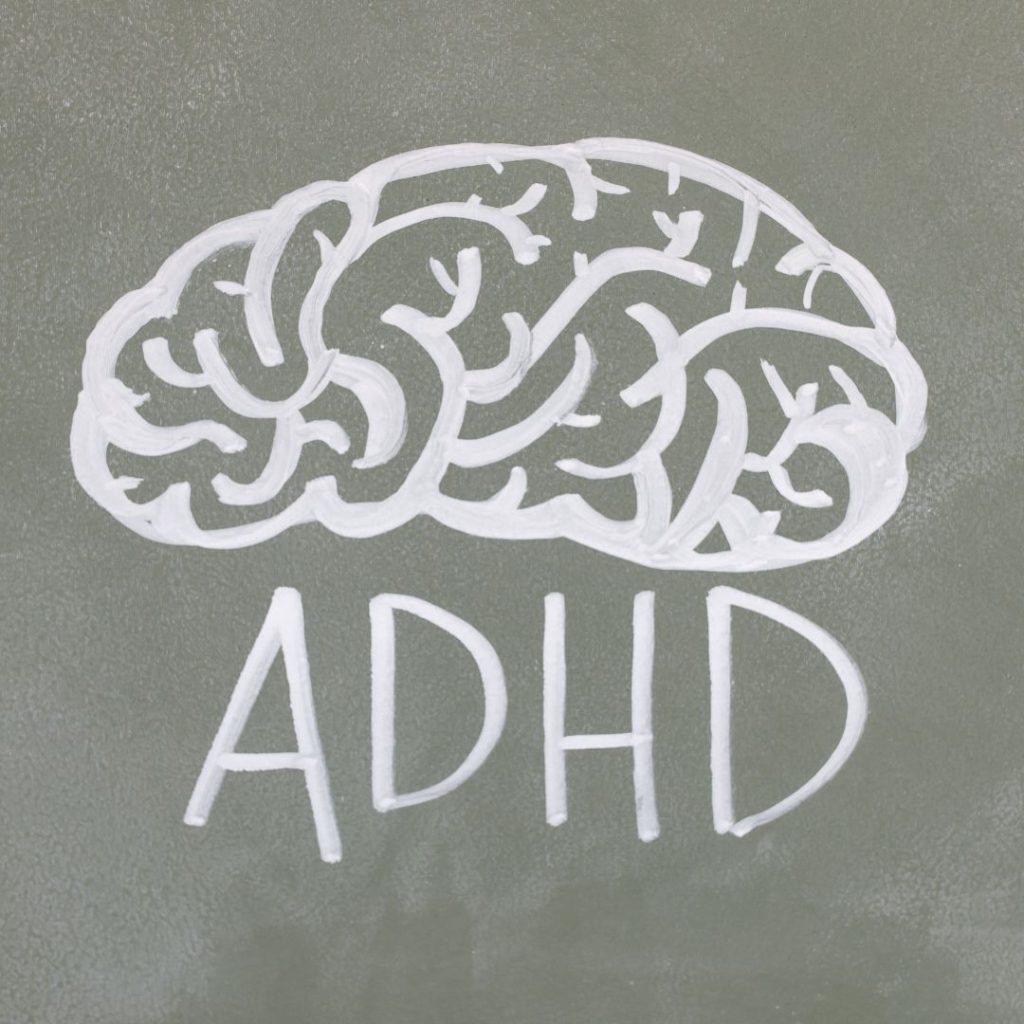
ADHD is thought to be caused by a combination of genetic and environmental factors.
It is believed that the brain chemistry in people with ADHD may be different than those without it, which can lead to difficulty concentrating or staying focused on tasks.
Additionally, research has suggested that prenatal exposure to certain toxins such as alcohol, drugs, or nicotine can increase the risk of developing ADHD.
Treatment for ADHD typically includes medication and/or behavior therapy.
Medication helps regulate levels of dopamine and norepinephrine in the brain, which often improves concentration and focus.
Behavioral therapy focuses on teaching children strategies for managing their symptoms such as setting goals, breaking down tasks into smaller steps, taking frequent breaks from activities that require lots of concentration, among others.
In some cases, lifestyle changes, like getting regular exercise and eating healthy foods, have also been known to help reduce symptoms associated with ADHD.
How Can BJJ Help With ADHD?
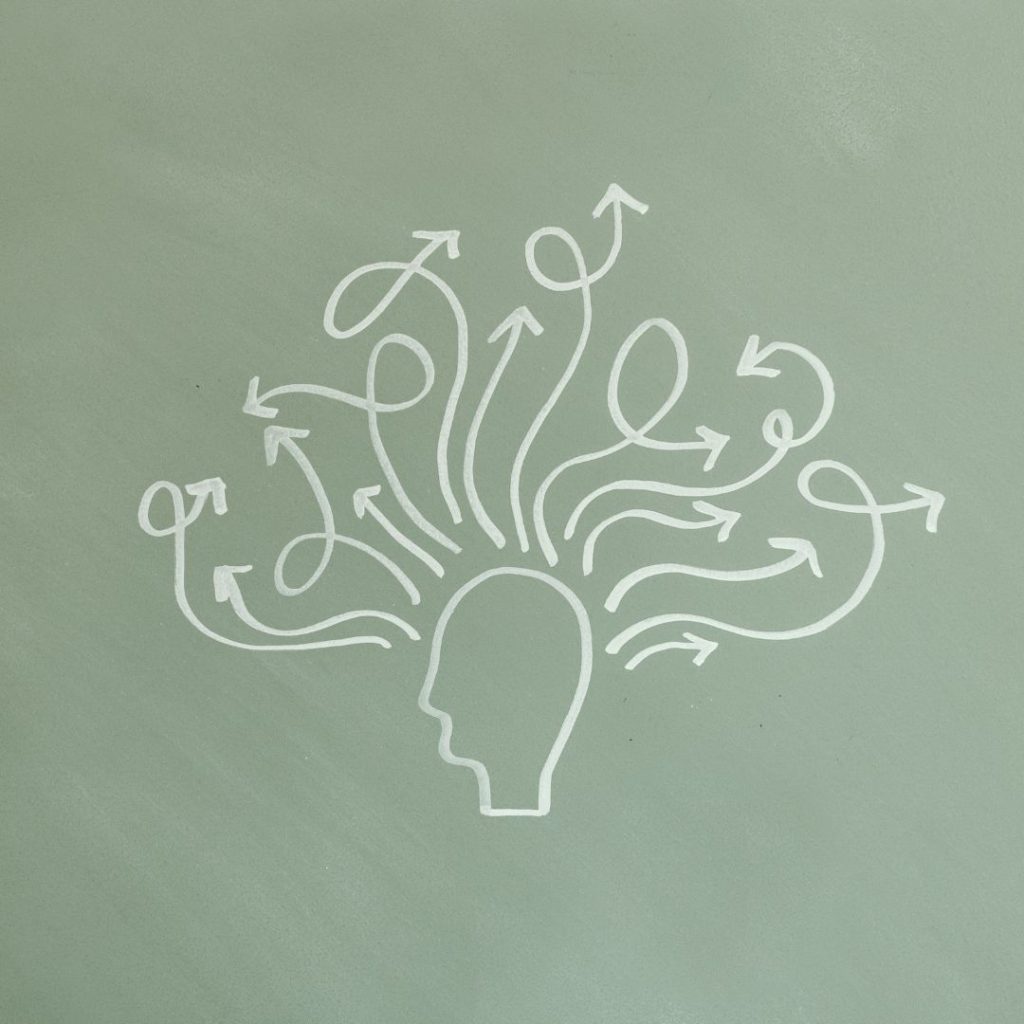
The physical nature of BJJ is also an integral part of the benefit it provides to those with ADHD. Regular exercise helps release endorphins, which can help improve cognition and memory, two issues that are common among those suffering from this condition.
This improved cognitive function can in turn help individuals focus better on specific tasks, like reading or writing for longer periods of time, without feeling distracted or losing interest in what they’re doing.
Martial arts like Brazilian Jiu-Jitsu also tend to place a great emphasis on developing discipline, which is something those with ADHD often have difficulty with due to their impulsive behavior.
Regular engagement in classes can thus be greatly beneficial for them. It'll teach them how to better focus on specific tasks and help reduce the natural impulsivity they might feel.
As a natural extension to improving levels of discipline, BJJ can also help improve concentration, allowing them to much more efficiently finish any tasks they may need to accomplish. promoting feelings of accomplishment through successful completion each technique learned within classes and providing positive emotional effects by releasing endorphins through physical exertion during training sessions.
Ultimately then, BJJ can be seen as an effective way for people living with ADHD to manage their symptoms naturally while also having fun at the same time!
How Does Exercise Play A Role In Managing Symptoms Of ADD/ADHD?
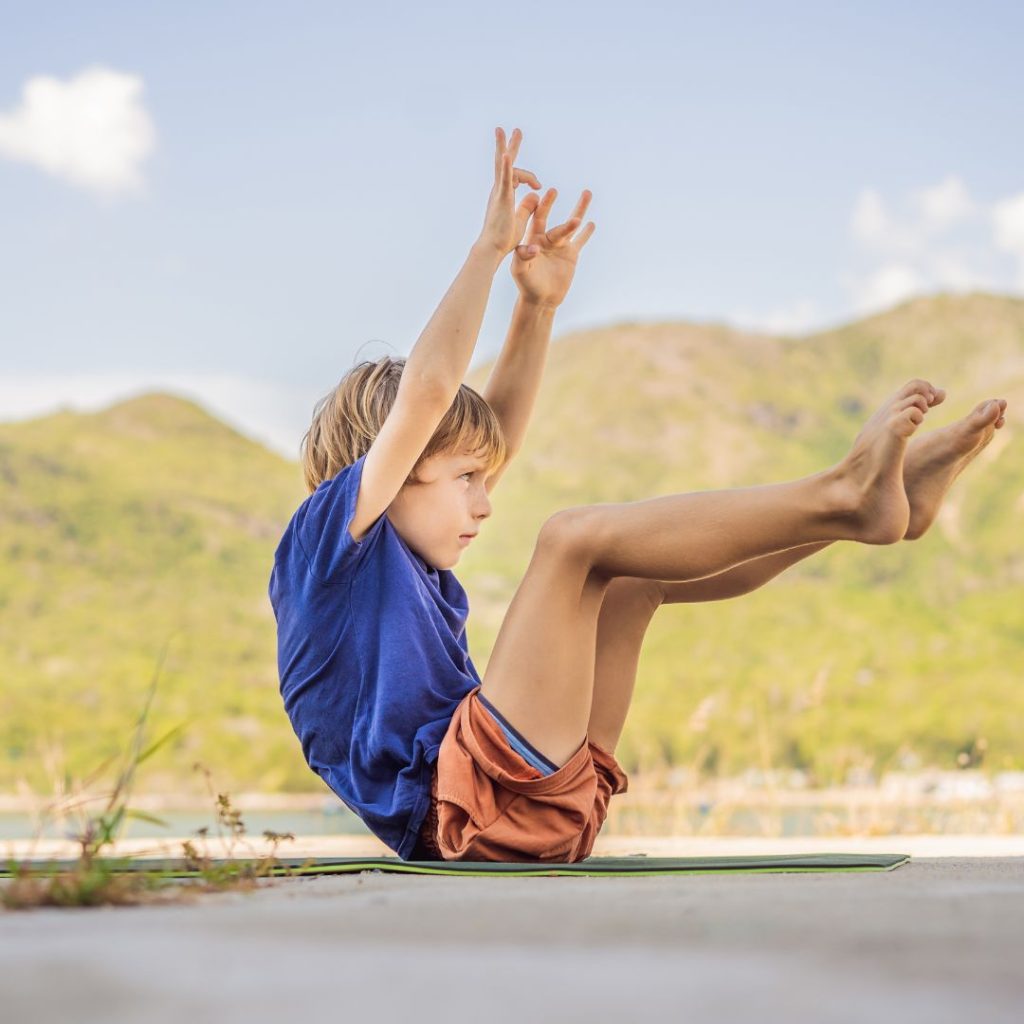
Exercise can assist in alleviating symptoms of ADD/ADHD by providing a structured activity for the mind and body.
Through physical movement, the body is able to release dopamine, which stimulates pleasure centers, thus promoting feelings of happiness.
This is especially useful for those who suffer from ADD/ADHD, as hormonal imbalances mean they may naturally have difficulty feeling this emotion. This is especially the case among adolescents undergoing puberty.
Exercise also helps to increase blood circulation throughout the body, stimulating its reward system resulting in better brain function which allows sufferers to remain focused on task at hand much longer than usual without being easily distracted by external stimuli or their own inner thoughts.
Practitioners of martial arts forms such as wrestling, Judo, Jiu-Jitsu and Grappling are known for benefiting from improved mindfulness after repeated bouts of sparring where constant vigilance must be maintained in order to avoid dangerous blows and potentially immobilizing strikes from their opponent.
Martial art practitioners also benefit from increased self-confidence which further encourages them to focus more on completing tasks with greater efficiency when compared with non-practicing peers – an additional bonus that comes along with exercising regularly! Additionally, research suggests that exercise can provide sufferers a safe outlet through which they can channel any frustration or anger they’re feeling before it gets out control while helping them learn how stay calm even under most trying circumstances .
Are There Any Risks Associated With Using Martial Arts To Treat ADD/ADHD?
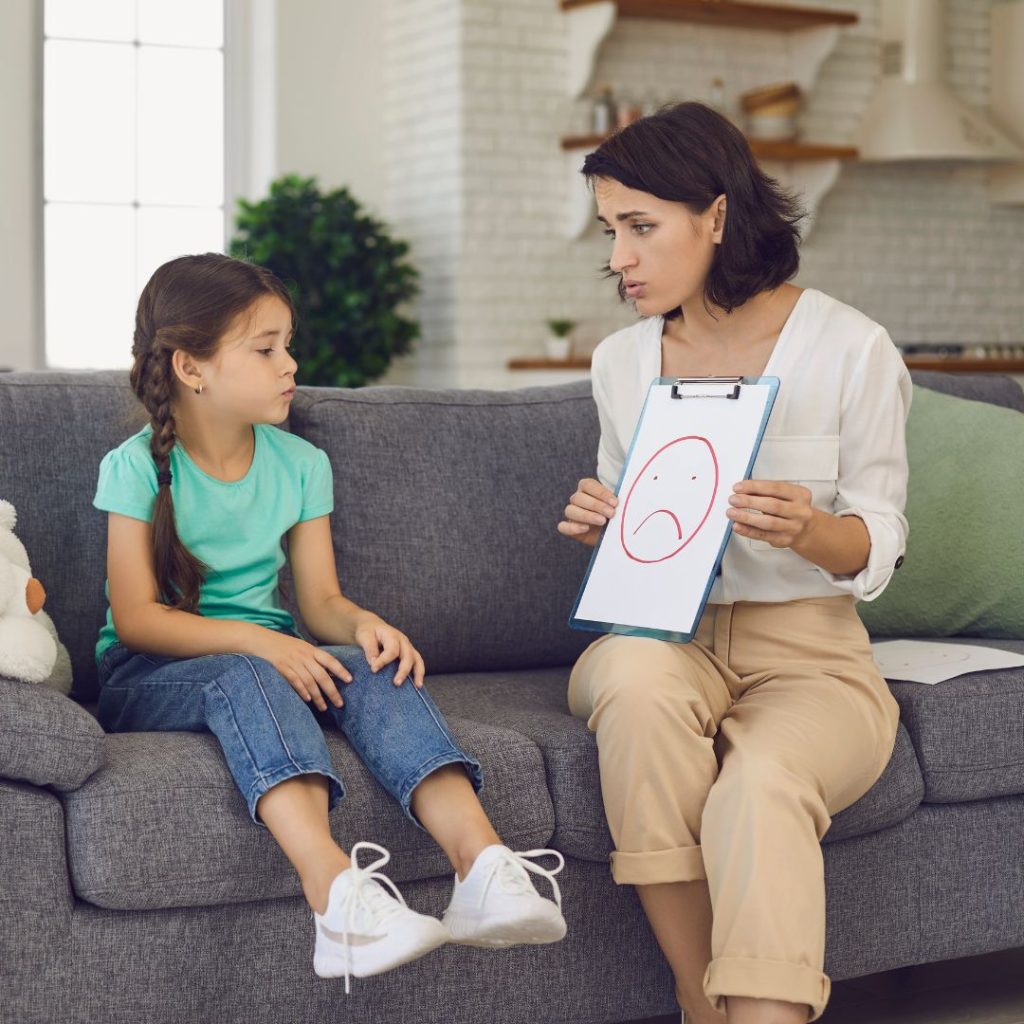
The use of martial arts to treat ADD/ADHD has lots of wonderful benefits, but you should still try your best to understand the risks associated with them.
The most obvious is injuries. In competitive environments, injuries can occur if proper safety measures aren't taken into account, and some instructors may unknowingly employ overly aggressive methods.
Intensive training regimens can also demand incredible amounts of energy from participants, which could lead to detrimental effects instead of desired results.
So make sure that age and health histories are factored in when determining an appropriate intensity and duration for a program. This will help make sure that a person with ADHD gets a safe learning experience that can offer lasting success.
What Are Some Other Options For Treating ADD/ADHD Aside From Martial Arts?
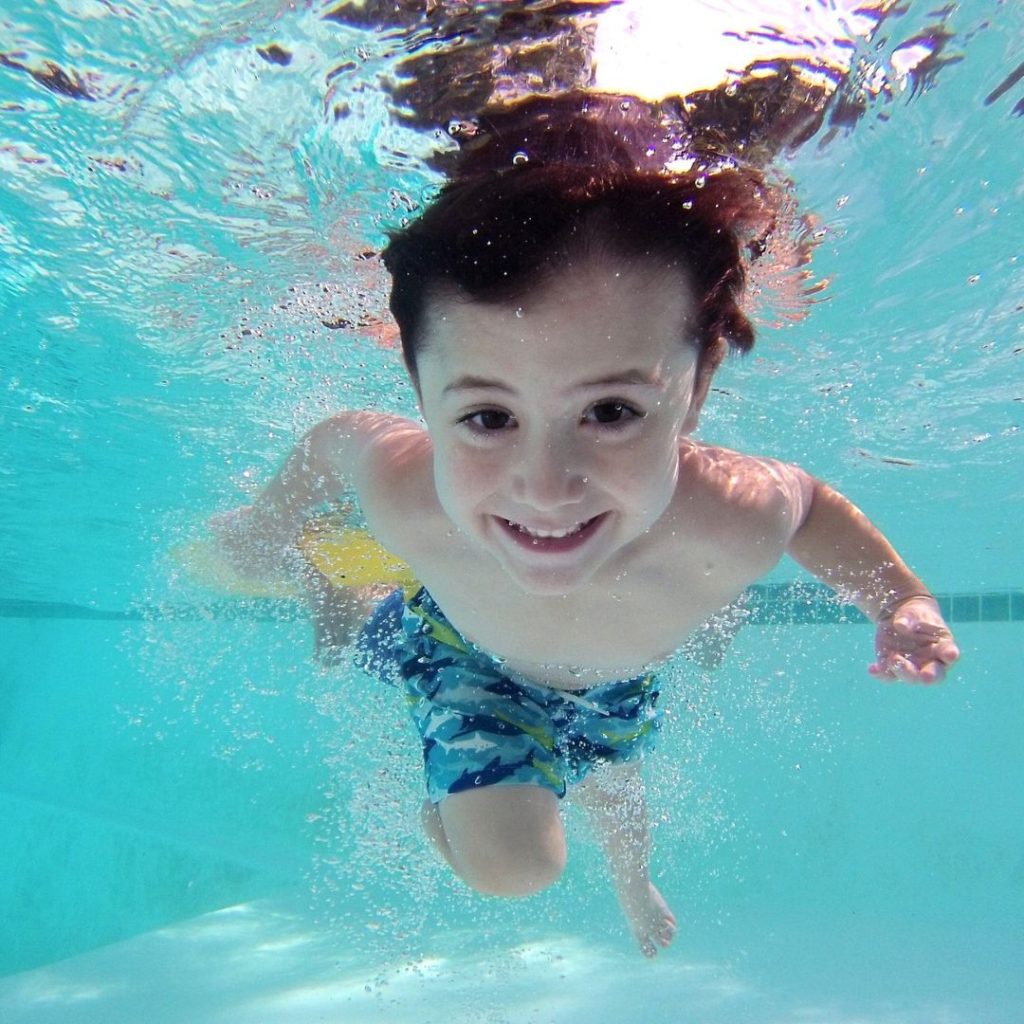
Participating in martial arts has proven to be beneficial in dealing with symptoms of ADD and ADHD, but we should still consider individual cases, especially for younger and uncoordinated students, especially since there's always a risk of injury.
It's best to consult with professional specialists who can provide insight into a particular situation and address any concerns properly.
If BJJ isn't quite your fancy, then aside from traditional combat sports, activities such as swimming, track and field, running, cycling, and team games are also excellent resources for treating these disorders.
Their usefulness in treating symptoms is fairly apparent. Firstly, they allow a person to participate in a group setting and collaborate with others to achieve set objectives, improving overall capacity for focus and cooperation.
Secondly, they give those with ADHD an opportunity to continuously challenge their abilities, whether it be physically, mentally, emotionally, or socially. Elements of these activities can be incorporated to ensure maximum enjoyment and return on investment.
Studies have also shown that improvements in cognitive functioning, attention spans, alertness, and reaction times can be observed across the board. This translates into better academic grades, test scores, and work efficiency.
Environmental factors can also play a vital role for coping with symptoms, which can be great if you just don't want to get down and dirty with a sport in general. Meditative states can be attained regularly through recommended therapies, such as those offered by:
- Massages,
- Acupuncture,
- Yoga,
- Meditation,
- Music therapy.
The treatment options available may vary depending on the severity of the case presented, but you can be sure to find an option that fits your lifestyle, needs, and desire to limit disruption as much as possible.
So yes, while martial arts may offer some relief for certain individuals who are dealing with these issues, it may not always be the best choice for everyone--and that's okay.
Like we'd already mentioned, just make sure to consult a professional specialist when looking into treatment options. This way, they can provide insight on what will work best for each individual case and address any particular concerns.
The Wrap-Up
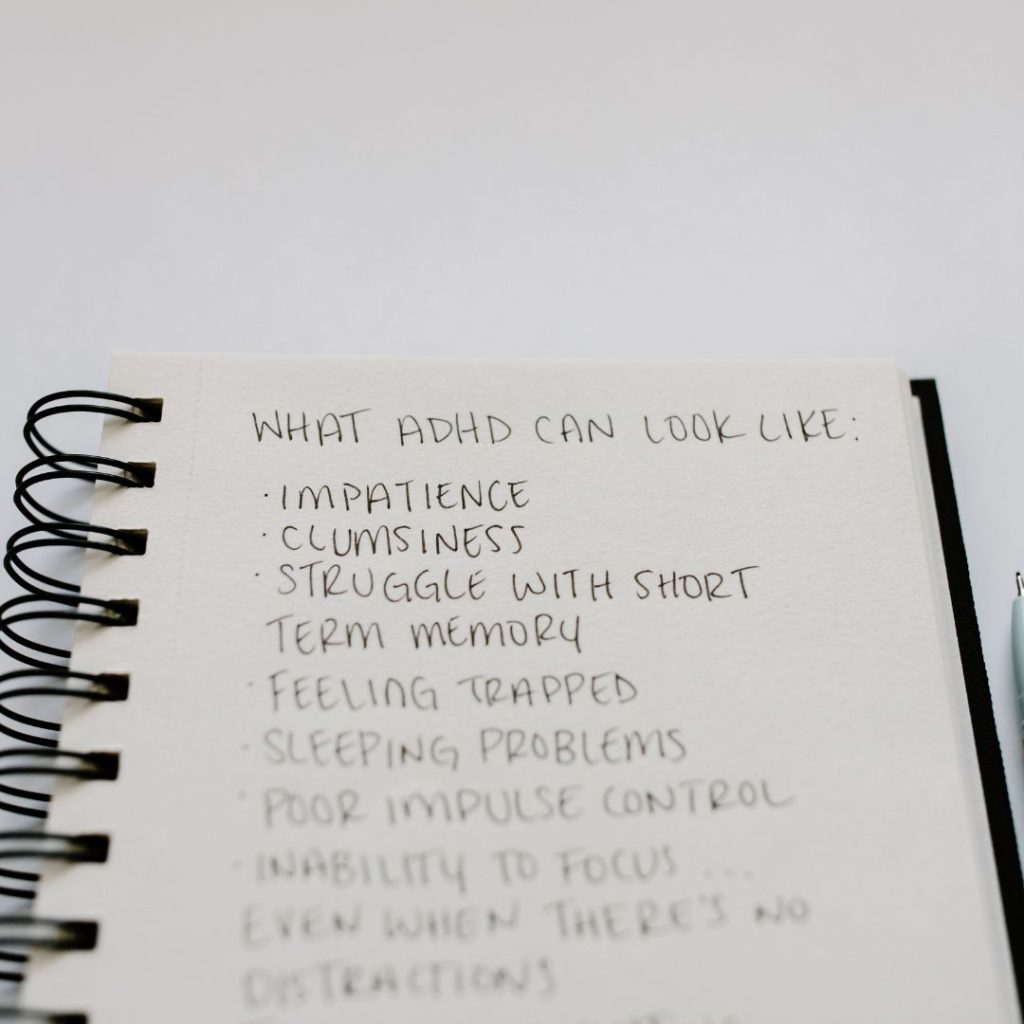
In conclusion, Brazilian Jiu-Jitsu can be a fantastic tool for managing ADHD symptoms in both children and adults.
The discipline, focus, and mental toughness required to excel in this martial art can help individuals with ADHD channel their energy in a positive way, improving their ability to concentrate and stay focused on a specific task.
The sense of community and belonging that comes with training in a BJJ gym can act as a wonderful support system as well, which can be invaluable for coping with the challenges of ADHD.
BJJ won't be a magic pill that'll let you cope with your ADHD forever, but it can certainly be a powerful tool for helping individuals with this condition lead happier, more fulfilling lives.
So if you or a loved one is struggling with ADHD, consider giving BJJ a try. It just might be the solution you've been looking for!
[author-box-jpx-fitness]
